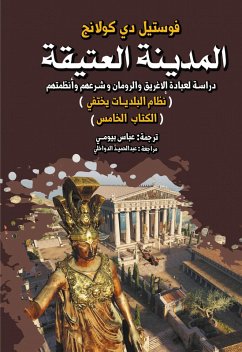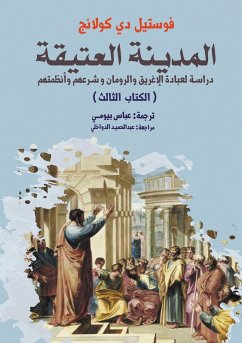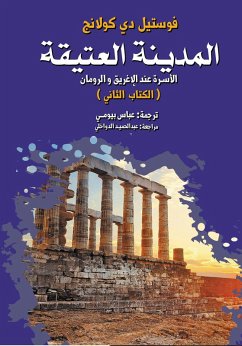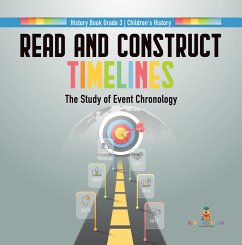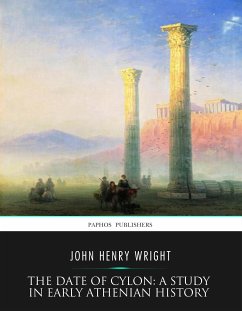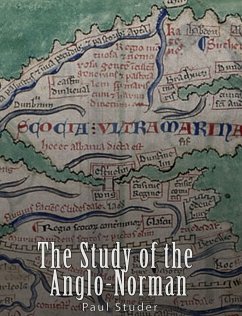
The Old Town... Study of Greek and Roman worship, legitimacy and regulations(Revolutions) (book IV) (eBook, ePUB)

PAYBACK Punkte
0 °P sammeln!
In the Greek and Roman societies, from its inception, the city enjoyed strong authority, as it combined in its hands the dual authority now divided between the state and the church. It controlled the human spirit as much as it controlled his body. However, this absolute power did not prevent a series of revolutions. This is a natural result of the change in opinions that occurred, which was followed by the weakness of the beliefs and the collapse of the social environment established by these beliefs, in addition to the presence of a class of people who objected to remaining outside the city s...
In the Greek and Roman societies, from its inception, the city enjoyed strong authority, as it combined in its hands the dual authority now divided between the state and the church. It controlled the human spirit as much as it controlled his body. However, this absolute power did not prevent a series of revolutions. This is a natural result of the change in opinions that occurred, which was followed by the weakness of the beliefs and the collapse of the social environment established by these beliefs, in addition to the presence of a class of people who objected to remaining outside the city system, so they sought to destroy that system. Thus, revolutions and coups continued, and human government became more difficult. More precise rules were necessary. In Athens, for example, in addition to retaining the positions of the previous period, there were statesmen who were created specifically for the government of the general, and had no function other than the implementation of the laws. Above the statesmen, there was the Senate, which was a body for discussion similar to a council. The State, and above the Senate itself, was the Assembly of the People; He is the true master.
Dieser Download kann aus rechtlichen Gründen nur mit Rechnungsadresse in A, B, BG, CY, CZ, D, DK, EW, E, FIN, F, GR, H, IRL, I, LT, L, LR, M, NL, PL, P, R, S, SLO, SK ausgeliefert werden.




